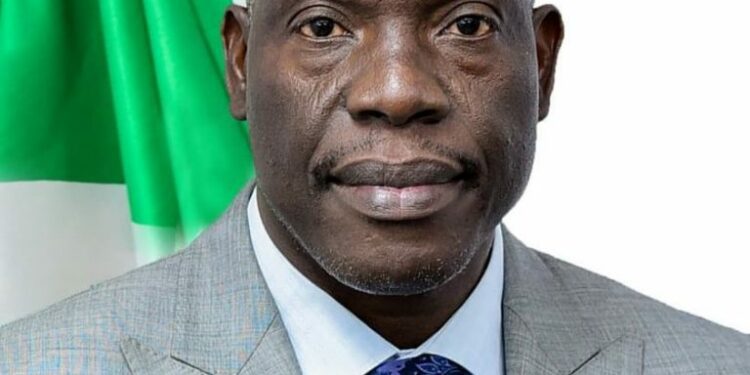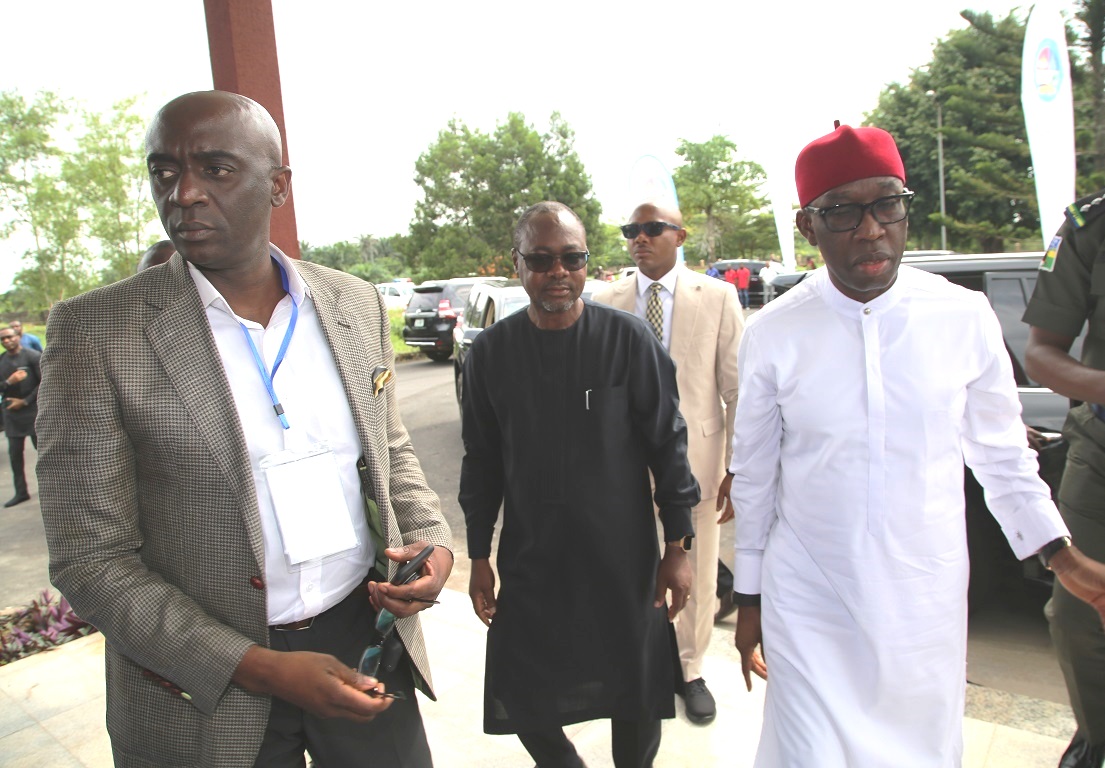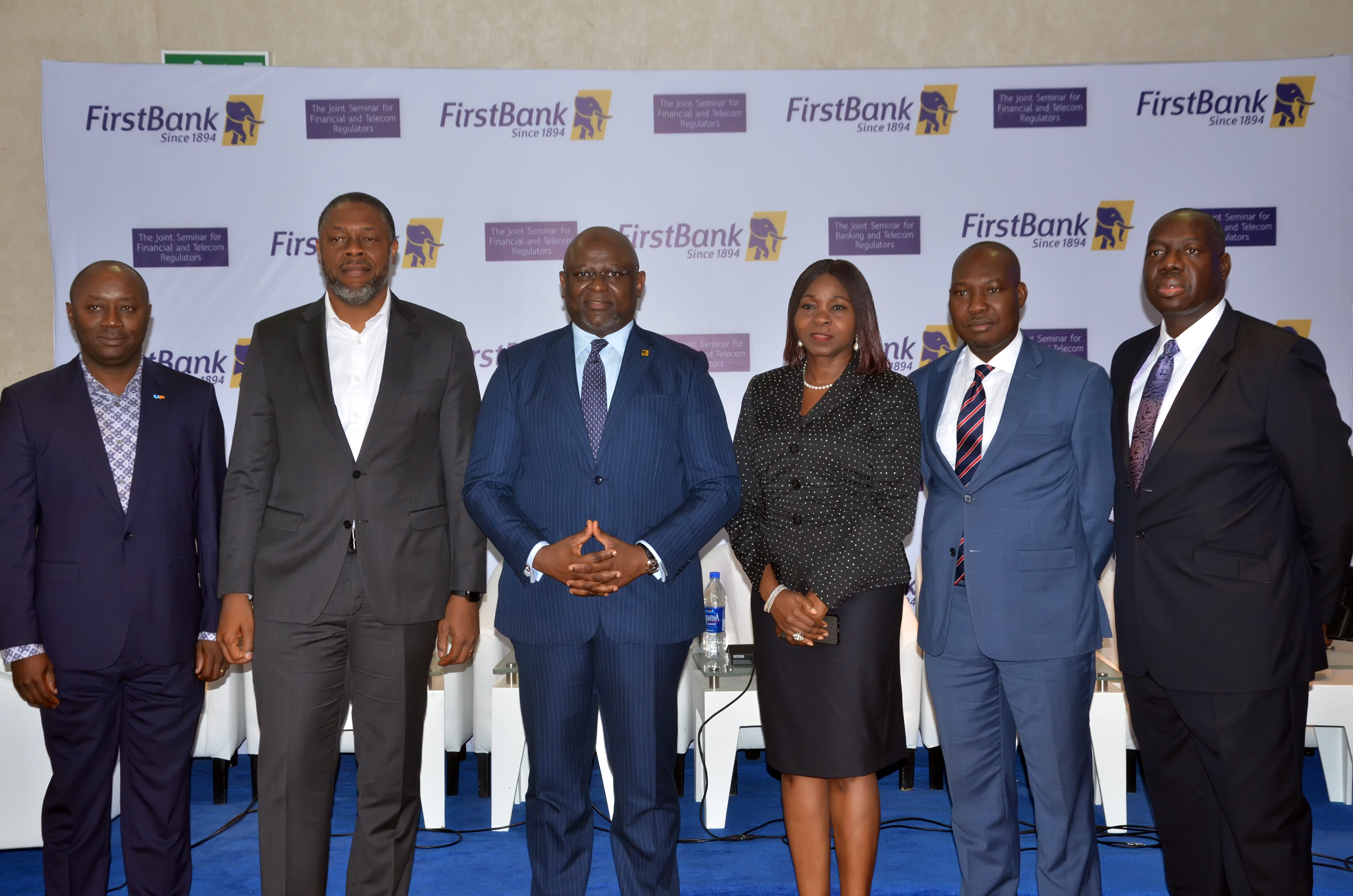Earlier in the year 2021, the Federal Government signed the Petroleum Industry Act (PIA) 2021, which brought a close to a 20-year effort to reform Nigeria’s oil and gas sector. The aim was to create an environment more conducive for growth of the sector and address legitimate grievances of communities most impacted by extractive industries.
The PIA overhauls the regulation and governance of the oil and gas industry. The law provides for two regulatory agencies—the Nigerian Upstream Petroleum Regulatory Commission (NUPRC) and the Nigerian Midstream and Downstream Petroleum Regulatory Authority, (NMDPRA)—that will be responsible for the technical and commercial regulation of petroleum operations in their respective sectors, and have the power to acquire, hold, and dispose of property, as well as sue and be sued in their own name.
The law commercializes the perennially loss-making state-owned enterprise, the Nigerian National Petroleum Company (NNPC), turning it into the NNPC Ltd, a quasi-commercial entity the ownership of which shares shall be vested with the government, and the ministries of Finance and Petroleum shall hold the shares on behalf of the government. Per the PIA, the president of Nigeria will appoint the president of NNPC Ltd as well as heads and members of the regulatory agencies. Separately, the minister of petroleum, then, will head the industry with a wide range of powers to formulate, monitor, and administer government policy under the PIA.
NUPRC:
The Nigeria Upstream Petroleum Regulatory Commission has the statutory responsibility of ensuring compliance to petroleum laws, regulations and guidelines in the Upstream Oil and Gas Sector. The discharge of these responsibilities involves monitoring of operations at drilling sites, producing wells, production platforms and flowstations, crude oil export terminals, and all pipelines carrying crude oil, natural gas, while carrying out the following functions, among others.
The Commission ensures that Health Safety & Environmental regulations conform with national and international best oil field practice.
It also maintains records on upstream petroleum operations, particularly on matters relating to petroleum reserves, production/exports, licences and leases.
By the re-organisation enacted by the Federal Government, the Petroleum Inspectorate was excised from the Nigerian National Petroleum Corporation, and transferred to the Ministry of Petroleum Resources as the Technical arm and renamed the NUPRC.
The Commission under the leadership of its Chief Executive NUPRC, Engr Gbenga Komolafe, has been making exploits to encourage firms. Recently, it announced the outcome of the bidding exercise for the Nigerian gas flare commercialisation programme.
The Nigerian government launched the National Gas Flare Commercialisation Programme in 2016 to involve third-party investors or off-takers in harnessing gas released as a byproduct of oil production.
The programme was one of the government’s initiatives to drive the attainment of zero routine gas flaring by 2035 and net zero emissions by 2060 in the country.
The government said 226 companies submitted bids before the project was suspended at the onset of the COVID-19 pandemic in 2020.
Last October, the government announced the relaunch of the programme and opened bids.
NUPRC under Akomolafe, in furtherance of its mandate in Section 7 (e) and Section 105 (2) of the Petroleum Industry Act (PIA), 2021, in the third quarter of 2022, restructured the NGFCP and re-launched the programme to align with the provisions of the PIA, as well as reflect prevailing economic and operational realities.
Forty-two indigenous oil and gas companies emerged winners of 49 flare sites in the 2022 Nigerian Gas Flare Commercialisation Programme (NGFCP) bid process, the first of such in the history of hydrocarbon exploration and production in the country.
NUPRC, under Akomolafe, had approved KPMG, a global network of professional firms, to partner with it in the implementation of the award to ensure a successful outcome.
The federal government launched NGFCP in December 2016, to involve third-party investors or off-takers in harnessing gas released as a by-product of oil production, a crucial part of the seven big wins of the administration for the oil and gas sector.
NGFCP was intended to offer gas-for-sale by the government through a transparent and competitive bidding process, with a structure devised to provide project bankability for the flare gas buyers
The programme was one of the government’s initiatives to drive the attainment of zero routine gas flaring by 2035 and net zero emissions by 2060 in the country.
The Muhammadu Buhari government had disclosed that 226 companies had submitted bids before the project was suspended at the onset of the COVID-19 pandemic in 2020.
The programme was first supervised by the defunct Department of Petroleum Resources (DPR), which had announced the identification of the 49 flare sites in February 2020.
However, with the Petroleum Industry Act (PIA) coming into existence in August 2021, ending the existence of DPR and replacing it with the current NUPRC, the commission last October announced the relaunch of the gas commercialisation programme and opened bids.
NUPRC explained, yesterday, that the issuance of letters of award to 42 companies/entities deemed successful in the process was ongoing. It said the 42 successful bidders were awarded 49 flare sites put forward during the 2022 NGFCP auction process.
The Gbenga Komolafe-led commission further said 38 of the companies/entities had been awarded 40 flare sites for standalone single flare site development, while four were awarded nine sites to be developed as clusters.
The upstream regulator, however, said “Reserve bidders” status had also been accorded to some companies for the corresponding flare sites in case the preferred bidders failed to meet the terms and conditions stipulated in the RFP.
According to the commission, “Award letters are already being transmitted to the respective successful entities through the appropriate channels.
Olamide Adeniji is a member of the editorial team of TheScript Newspaper




